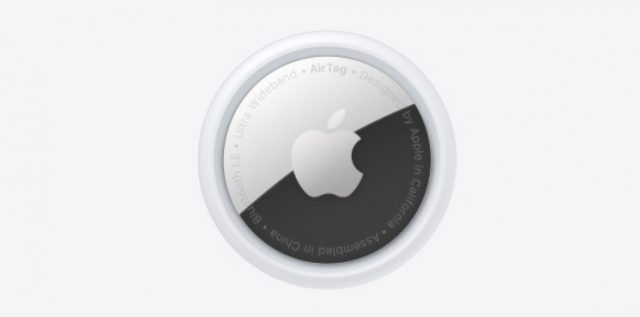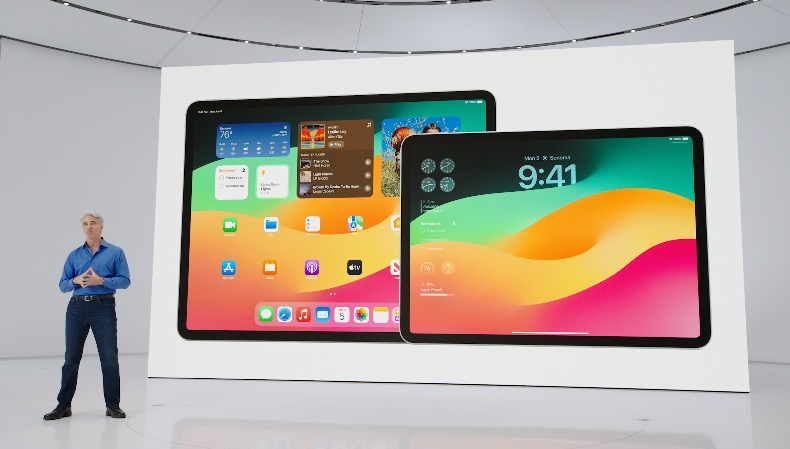
AirTags May Not Do Enough to Protect Against Domestic Abuse
Apple’s newly released AirTags, the small location tracking fobs that can help you find missing items, are not totally safe against abuse.

That’s according to experts from the National Network to End Domestic Violence (NNEDV), who spoke to Fast Company about how AirTags could be exploited by domestic abusers.
The nonprofit, which has a goal of ending violence against women and sits on advisory boards for Facebook, Twitter, Snapchat, and Uber explains that while AirTags may be an easy-to-use product for finding a lost item, they can also be a troublesome surveillance tool that could be used by an abuser.
“When somebody tries to leave an abusive person, or they are planning to leave, that can be one of the most dangerous times that stalking and assault can escalate,” says Erica Olsen, safety net project director at NNEDV. “So it’s extremely important if people are planning to leave an abusive person, they’re able to do so without the person tracking them down and finding them. It’s definitely a concern that people will be using any type of [tracking] product they can.”
In response to Fast Company‘s request for comment, an Apple spokesperson provided the following statement:
We take customer safety very seriously and are committed to AirTag’s privacy and security. AirTag is designed with a set of proactive features to discourage unwanted tracking—a first in the industry—and the Find My network includes a smart, tunable system with deterrents that applies to AirTag, as well as third-party products part of the Find My network accessory program. We are raising the bar on privacy for our users and the industry, and hope others will follow.
Apple also noted that it will alert people when they arrive at home or another location that they frequently visit, like an office or gym, explains the report:
Apple has built some protections into this system. If you are an iPhone user, for instance, and someone has placed an AirTag on your person, your phone will eventually alert you that an AirTag that isn’t yours has been found “moving with you.” Apple didn’t clarify how quickly or often this alert will arrive, but it did share that it will occur when you arrive at your home (the address stored in your Apple “Me” card) or at certain other locations that your phone has learned you frequent over time. Apple declined to disclose further specifics, citing the interest of public safety.
Corbin Streett, a technology safety specialist at NNEDV, suggests that Apple could have worked with Google to develop a shared standard so that Android users have the same protections against AirTags as do iPhone users.
“I lose my keys and wallet all the time!” said Streett. “But how do you build it in a way that those folks who are in relationships, so that this can’t be used against them? I hope Apple keeps their learning hat on and works to figure out that piece of the puzzle.”

